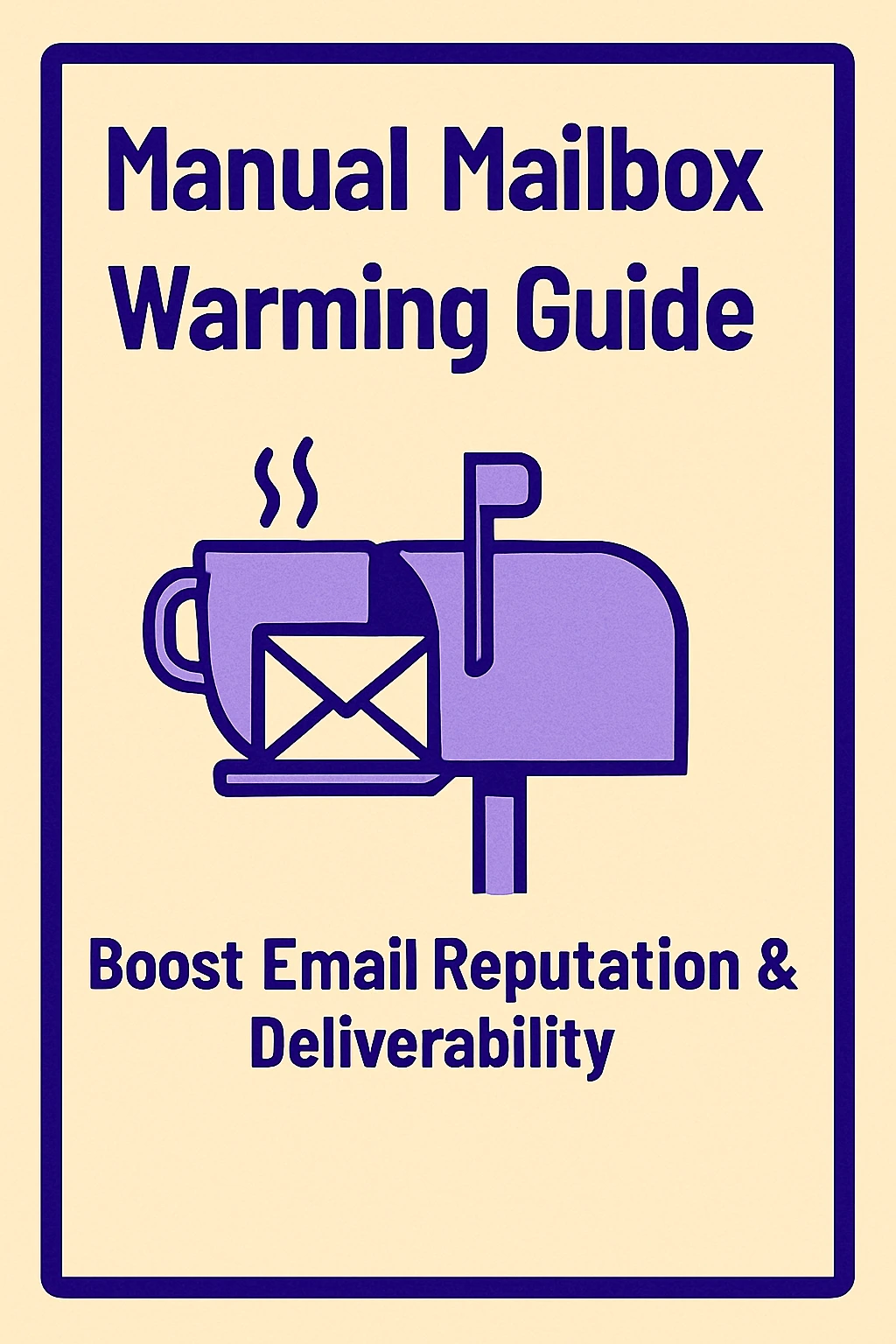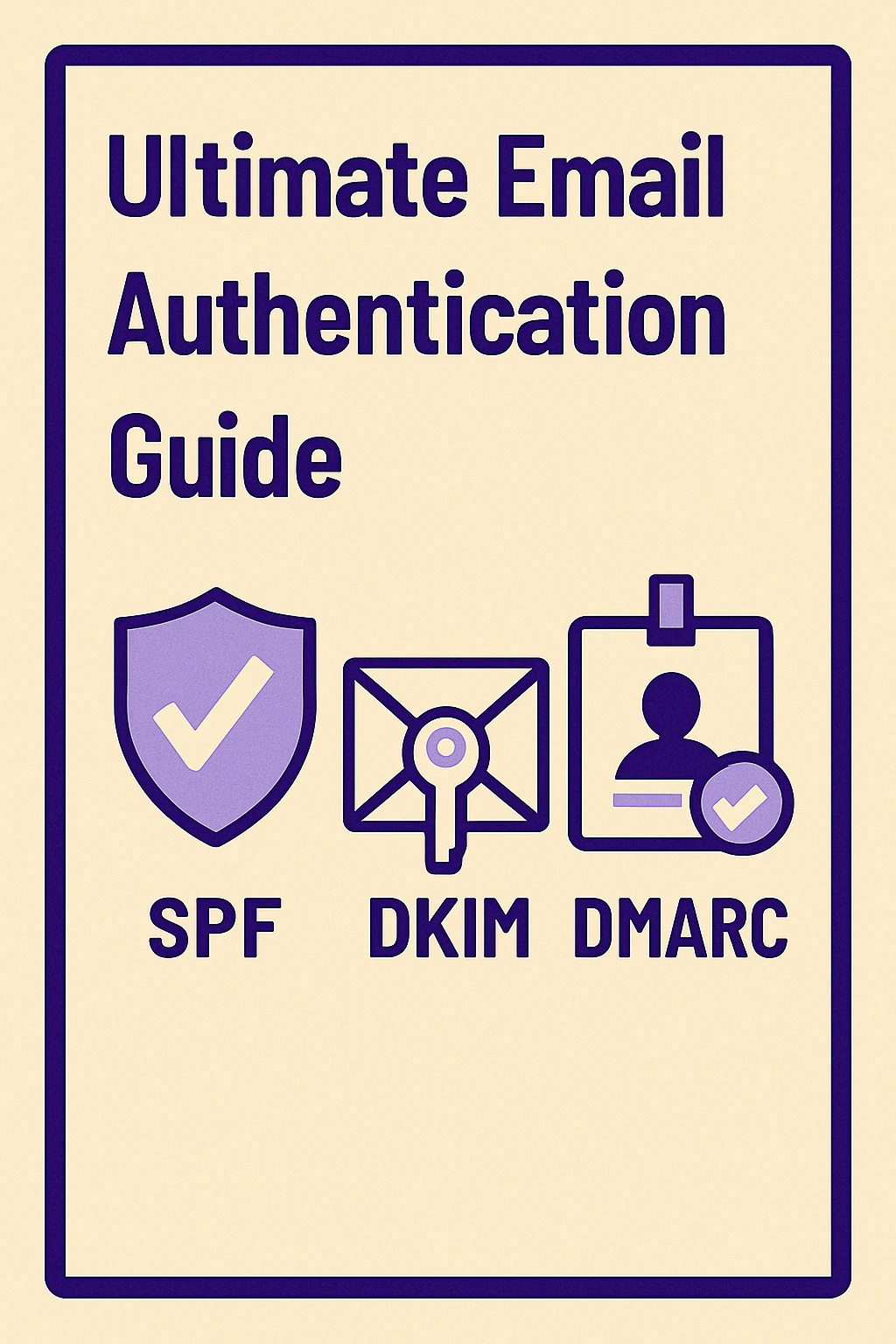Shared IPs vs Dedicated IPs: Which Is More Cost-Effective for SSL Email Deliverability?
In this blog, we'll explore the key differences between shared and dedicated IP addresses and their impact on email deliverability, particularly for SSL-encrypted emails. Email deliverability is a crucial factor in ensuring that your emails reach their intended recipients and avoid the dreaded spam folder. While shared IPs are cost-effective, they come with risks related to the reputation of other users. On the other hand, dedicated IPs offer more control and better security, making them a favorable choice for businesses focused on email marketing and secure communication. We will discuss the advantages and drawbacks of each, provide insights into how SSL certificates play a role in email security, and offer expert advice on choosing the right IP for your needs. Finally, we will highlight how MailKarma.ai can help optimize your email deliverability strategy, ensuring you get the most out of your email campaigns.

Ever hit "send" on an email campaign only to wonder why so many messages vanished into the spam folder, or worse, never showed up at all? You're not alone. In today's digital world, getting your emails into someone's inbox is tougher than ever. It's all about trust, and a huge part of earning that trust comes from SSL encryption.
Most folks think of SSL (Secure Sockets Layer) as something mainly for websites—you know, that little padlock in your browser's address bar. But when it comes to email? It plays a surprisingly big role in how your emails are viewed by servers, spam filters, and even the people you're trying to reach.
Let's break it down in simple terms.
Email Attacks Are Getting Smarter
We're way past the early days of the internet. Today, email threats like phishing, spoofing, and malware are everywhere. Cybercriminals don't even need to hack your server directly; they can just trick someone into clicking a dodgy link.
Because of this, email providers have become super careful. If your email server doesn't show all the right security signals, your messages might not even make it past their initial checks. That's precisely where SSL steps in to help.
The Link Between Trust and Deliverability
Getting your emails delivered isn't just about technical setups; it's about your reputation. If an email provider doesn't trust your domain, they'll quietly block your messages or dump them into spam, even if your email is legitimate.
SSL helps you send the right signals. When your email connection is encrypted, you're showing everyone that you care about security. It's one more piece of solid proof that you're a real sender, not someone trying to pull a scam.
What Is SSL?

At its core, SSL encrypts the connection between your email server and your recipient's server. Think of it this way: instead of sending an email as plain text that anyone on the network could easily read (like an open postcard), SSL locks your message. Only the person it's meant for can unlock and read it.
No encryption? Your messages travel across the web wide open. With SSL? It's like sealing your letter in an envelope and then locking that envelope inside a secure box.
SSL vs. TLS: Do the Details Matter?
You'll often hear people say "SSL," even though what they're using is TLS (Transport Layer Security). TLS is simply the newer, more secure version. But in everyday email talk, the terms are pretty much used interchangeably.
What truly matters is this: your connection needs to be encrypted, period.
How SSL Secures the Email Journey
Your emails rely on three main protocols to get from point A to point B:
- SMTP (Simple Mail Transfer Protocol) – for sending emails.
- IMAP (Internet Message Access Protocol) – for reading emails on a server.
- POP3 (Post Office Protocol version 3) – for downloading emails to your device.
Each of these can use SSL to protect your messages as they travel from your server to the recipient. When SSL is turned on for these protocols, you significantly reduce the risk of your emails being intercepted or messed with along the way.
Why SSL Matters for Cold Emails

Cold emails are already walking a tightrope. You're reaching out to people who don't know you, which means email providers will scrutinize everything: your content, your email headers, your domain, your server, and yes, whether your emails are encrypted.
Without SSL, your cold emails are far more likely to get flagged. With it, you're giving yourself a real fighting chance to land in the inbox.
Spam Filters Notice SSL (And Lack of It)
Spam filters aren't just scanning your subject lines. They're also looking at the technical details behind your email. If your message comes from a server that doesn't use SSL, that's a definite red flag. It doesn't guarantee your email will be rejected, but it certainly doesn't help your case.
Using SSL shows that your domain is secure and properly maintained, which gives a spam filter one more reason to let your message through.
SSL Helps Protect Your Sending Reputation
Think of your domain reputation as your sender's credit score. It's affected by things like bounces, complaints, how people engage with your emails, and yes, by your security practices.
Consistently using SSL can help boost your sender credibility over time. And when your reputation improves, your deliverability naturally follows.
SSL Is Part of the Bigger Picture
While SSL is super important, it's not a standalone solution. It's one piece of a larger puzzle.
You also need:
- SPF (Sender Policy Framework) – This tells the internet which servers are allowed to send emails from your domain.
- DKIM (DomainKeys Identified Mail) – This digitally signs your emails, proving they haven't been altered during transit.
- DMARC (Domain-based Message Authentication, Reporting, and Conformance) – This tells receiving servers how to handle emails that fail SPF or DKIM checks.
SSL works alongside these. Together, they create the complete security setup every serious sender should have.
How to Set Up SSL for Email

Setting up SSL isn't rocket science, but it does require you to configure your email server correctly. Here's what to check:
- For SMTP, use port 465.
- For IMAP, use port 993.
- For POP3, use port 995.
You'll also need a valid SSL certificate. It's best to get one from a trusted certificate authority like Let's Encrypt or DigiCert.
Avoid These Common Mistakes
Using Expired or Self-Signed Certificates
An expired certificate can wreck your deliverability. And while self-signed certificates might seem like an easy shortcut, most email providers don't trust them.
Poor SSL Configuration
If you set up SSL incorrectly, your emails could bounce or, even worse, just disappear without a trace. Always follow setup guides carefully or check your email provider’s documentation.
Choosing the Right Email Platform That Supports SSL
Many modern email platforms offer SSL-secured infrastructure right out of the box. Here are three worth checking out:
- Mailgun: Great for developers and marketers; offers full SSL support, useful analytics, and domain warm-up tools.
- SendGrid: A reliable choice for sending high volumes of email; it fully supports SSL and has excellent documentation.
- Postmark: Specializes in transactional emails (like order confirmations); known for fast delivery, strong security, and easy SSL setup.
These platforms have SSL built into their core systems, making your job much easier.
SSL and Cold Email Tools: What You Need to Know
When you're looking at cold email platforms, SSL support should be non-negotiable. Tools like Smartlead, Instantly, and GMass often rely on external SMTP services or Google Workspace. So, make sure those services are also SSL-enabled.
Bonus tip: Always double-check your DNS settings for SPF, DKIM, and DMARC before you send any emails.
Bottom Line: SSL Isn't Just for Privacy. It's for Performance.
Securing your emails with SSL isn't just about keeping hackers out. It's about building a foundation of trust with email providers. The more secure and well-configured your email system is, the better your chances of consistently hitting the inbox.
SSL protects your data, boosts your reputation, and significantly improves deliverability—especially for those tricky cold emails.
Conclusion:
Choosing between a shared or dedicated IP can significantly impact your email deliverability, especially for SSL encryption. Dedicated IPs offer better control and reputation management, ensuring your emails land in inboxes, while shared IPs may lead to delays or issues due to the behavior of other users.
Maximize your email deliverability and secure your communications today with Mailkarma.ai. Get started now and experience seamless email performance!
FAQs: Real Answers About SSL & Email
Q1: Do I need SSL to send email?
A: Yes, especially if you're sending cold emails or running a business. SSL helps you avoid spam filters and protects your content.
Q2: Isn’t TLS what I should be using instead?
A: TLS is the modern version of SSL. Most platforms use TLS today, but "SSL" is still the common term people use.
Q3: Will SSL alone guarantee my email lands in the inbox?
A: Not by itself, but it significantly increases your chances when you use it along with proper domain authentication (like SPF, DKIM, and DMARC).
Q4: Can I use Let’s Encrypt for SSL?
A: Absolutely! It's free, widely trusted, and generally straightforward to set up.
Q5: What if my SSL certificate expires?
A: Your server could get flagged as insecure, and your emails might start getting blocked. Always renew your certificates on time!
Q6: Should I avoid self-signed SSL certificates?
A: Yes. Most email providers don't trust them, and they can hurt your deliverability.
Q7: Can I check if SSL is working on my email server?
A: Yes, there are free online tools that can scan your email setup and show you your SSL status.
Q8: Which platforms support SSL-secured sending?
A: Mailgun, SendGrid, and Postmark are all great options that fully support SSL and are trusted by most providers.
Q9: Will SSL stop phishing or spoofing attacks?
A: Not alone. However, when combined with SPF, DKIM, and DMARC, it forms a strong defensive lineup against these attacks.
Recent Blogs
FAQs: Everything You’re Wondering About Cold Email Deliverability & MailKarma’s Infrastructure
MailKarma is a dedicated email infrastructure solution built exclusively for cold email outreach. Unlike shared inbox tools or general ESPs, MailKarma gives you complete control over your sending setup—private US IPs, clean domains, and expert-backed deliverability practices. Built by cold email pros, MailKarma is optimized to scale outreach without landing in spam.
Because MailKarma sets up private infrastructure—including custom domains and mailboxes—it doesn’t offer a traditional free trial. However, you can explore the platform, view your dashboard, and test features before provisioning infrastructure. Our private dedicated email servers cost $150 per server plus $0.001 per email sent, making it extremely cost-effective for high-volume cold email campaigns. For Gmail Workspace solutions, pricing starts at $3.50 per email with a 10-email minimum, dropping to $2.50 per email for volumes over 100 emails. This transparent pricing model ensures you only pay for what you use while maintaining enterprise-grade email deliverability.
Yes. MailKarma automatically sets up SPF, DKIM, and DMARC records using best-in-class standards. No technical hassle—our system handles everything behind the scenes, and our support team is always ready to assist if needed.
Every MailKarma subscription includes:
- Automated DNS setup (SPF, DKIM, DMARC)
- Private mailbox hosting
- Ongoing deliverability optimization
- Server monitoring and uptime guarantees
It depends on your monthly sending volume and the number of contacts per sequence. To simplify this, MailKarma includes a volume-based calculator inside the app to help you choose the optimal setup for scale, safety, and inbox placement.
Gmail and Outlook aren't built for cold outreach—they throttle volume, rotate IPs, and limit deliverability. MailKarma gives you:
- Dedicated infrastructure
- Warmed IPs and aged domains
- No shared resources
- Built-in best practices for cold outreach
It's the infrastructure your outreach actually needs.

.png)



